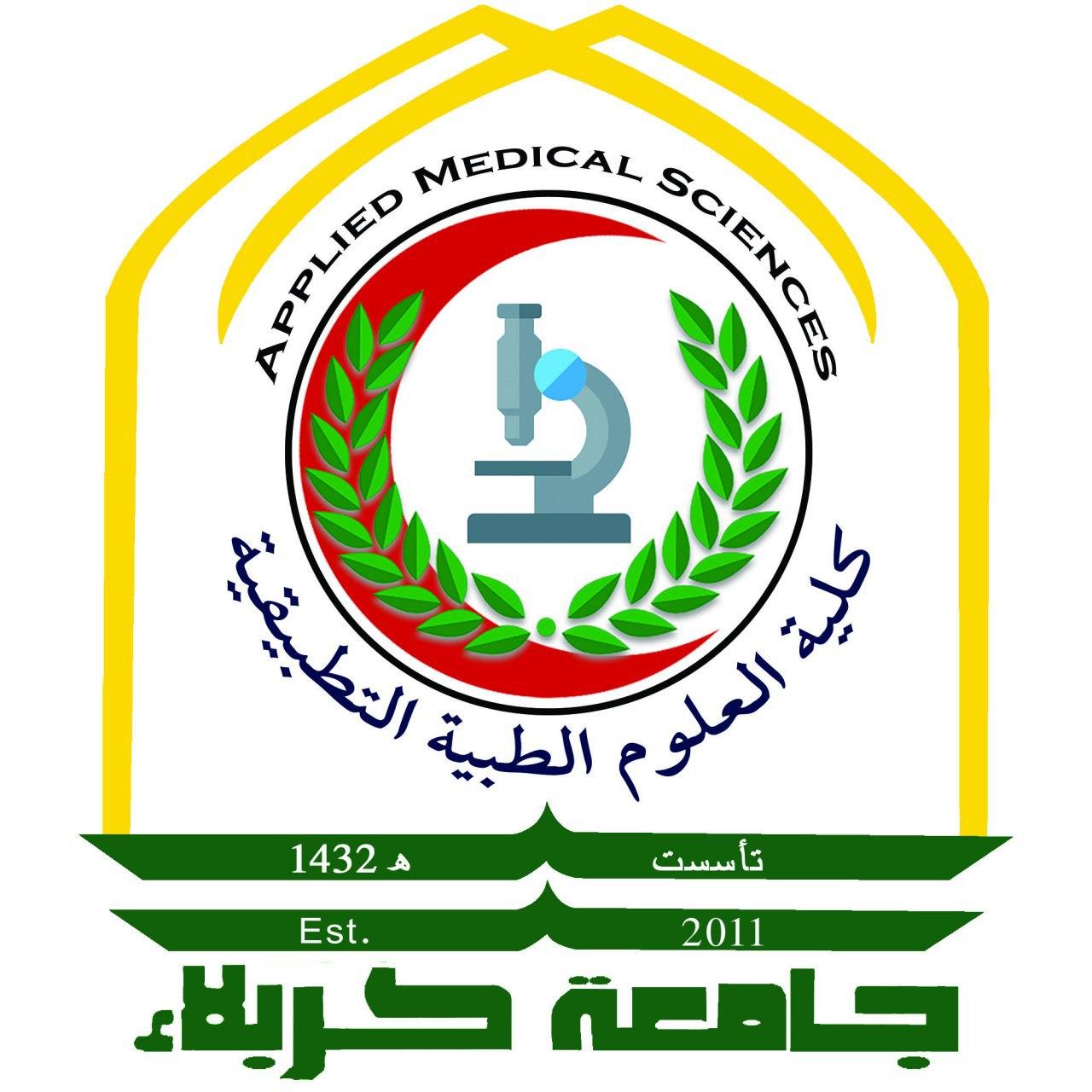Blog
Effect of Inherited Bleeding Disorder on Some Physiological Parameters for Patients In Karbala City of Iraq
ABSTRACT
Background: Severe inherited bleeding disorders are most common during early childhood. Hereditary bleeding disorder refers to a group of medical conditions that cause poor blood clotting and uncontrollable bleeding.
Objective: This study aimed to report the hematological changes that may occur in patients diseased with hemophilia to help the medical team know how the body responds to treatment, and consequently decrease complications and deaths.
Methods: The current study was conducted in Maternity and Pediatrics Hospital, Karbala, Iraq. The study included 100 samples of female patients infected with hemophilia and 100 samples of healthy female children within the age range of 1-18 years.
Results: The current study indicated total red blood cells count, hemoglobin, and packed cell volume that were significantly decreased in patients with hemophilia (p ≤ 0.05) compared to healthy children. In contrast, total white blood cell count and erythrocyte sedimentation rate were increased significantly in patients with hemophilia compared to healthy children (p ≤ 0.05).
Conlcusion: Changes in hematological parameters for patients infected with hemophilia occur as a result of frequent bleeding, which is the primary sign of hemophilia.
Keywords: Children, Hemophilia, Total red blood cell counts, Hemoglobin.
Post Views: 359

